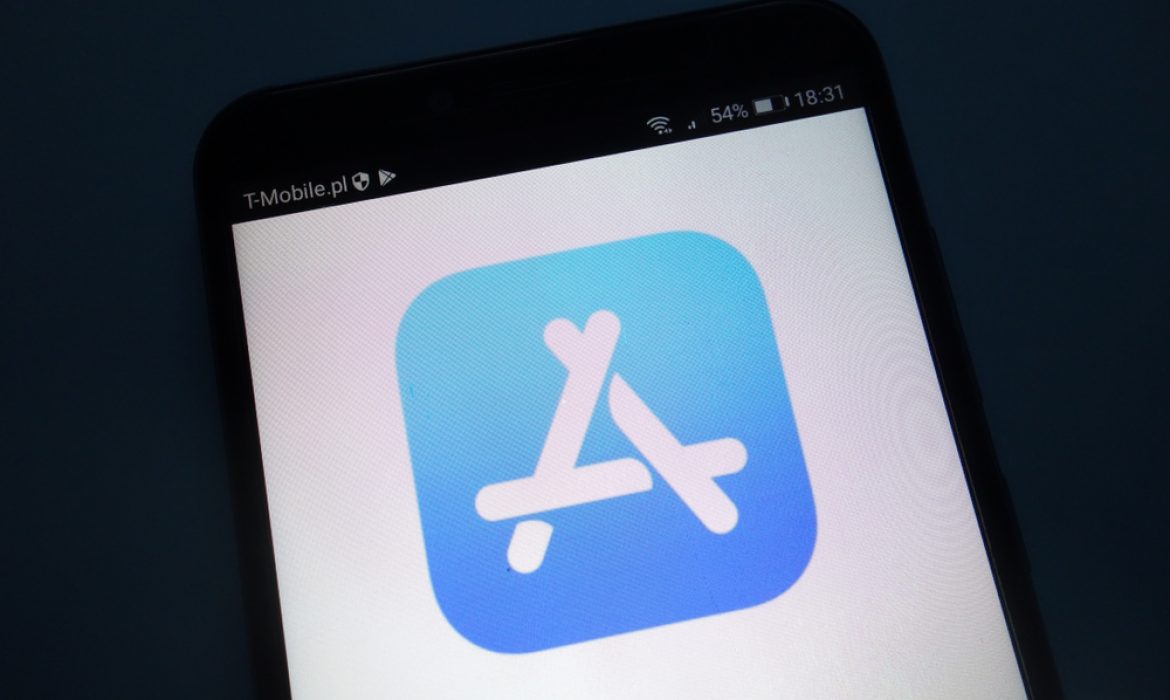Apple has announced a groundbreaking shift in its iOS app distribution policy for users in the European Union. In a significant departure from its traditional walled-garden approach, the tech giant will now permit developers to offer iPhone apps for direct download from their own websites.
According to a report by TechCrunch, this transformative move comes in response to the EU’s Digital Markets Act (DMA), aimed at fostering competition and protecting consumers. Apple’s long-standing monopoly over iOS app distribution via the App Store faces dismantling as it aligns with the new regulations.
The new directive, set to be implemented through beta 2 of iOS 17.5, will empower developers to distribute their apps independently, provided they meet Apple’s stringent criteria. Notably, developers must adhere to terms and conditions, including a “core technology fee” of €0.50 for each first annual installation exceeding 1 million downloads, irrespective of distribution channels.
Apple’s eligibility criteria also mandate developers to maintain a “good reputation,” handle intellectual property disputes and government takedown requests, and offer customer service—a responsibility previously shouldered solely by Apple.
Critics have raised concerns over the security implications of direct downloads, citing Apple’s implementation of cautionary screens. While Apple asserts these measures are necessary to safeguard users, skeptics argue they could deter users from exploring alternatives outside the App Store.
The authorization process for third-party downloads involves multi-step verification, emphasizing user consent. However, detractors label these steps as “scare screens,” suggesting they aim to dissuade users from deviating from Apple’s ecosystem.
Despite the paradigm shift, Apple’s compliance with DMA remains under scrutiny by the European Commission. Investigations into Apple’s fee structure and App Store policies reflect ongoing tensions between regulatory bodies and tech giants.
As developers navigate the evolving landscape, the demand for direct web distribution remains uncertain. While some express interest in the newfound flexibility, others may opt for the established App Store model or explore alternative distribution channels within Apple’s ecosystem.
Apple’s embrace of third-party downloads marks a pivotal moment in its relationship with developers and regulators alike. As the EU continues to assert its authority over digital markets, Apple’s adaptation underscores the inevitability of change in the tech industry’s power dynamics.
